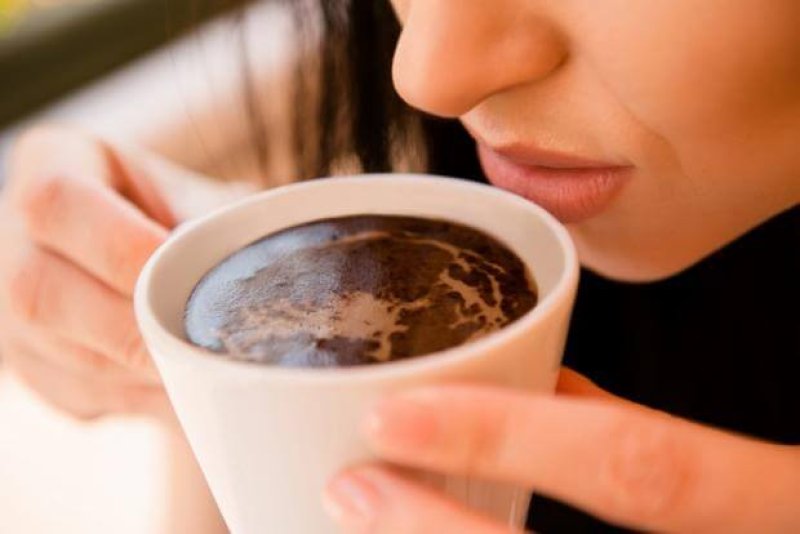Watch a bacterium chase down the source of an enticing molecular trail using chemo-taxis, and it’s clear that its sensory and navigation abilities are tightly linked. But could the same be true for humans?
In 2014, Louisa Dahmani, then a graduate student at McGill University in Montreal, set out to answer that question.
…
The group recruited 60 volunteers and tested their ability to identify 40 odors, from menthol to cucumber to lavender. The researchers also had the subjects do a computer-based task in which they moved through a virtual town. After their exploration, the subjects navigated through the virtual town from one of its eight landmarks to a different destination via the shortest route possible.
“People who are better at finding their way are also better at identifying smells,” Dahmani says, summing up the study’s biggest takeaway. The scientists also imaged participants’ brains using MRI and found that a larger medial orbitofrontal cortex—a brain region known to be associated, along with the hippocampus, with spatial navigation—correlated with both better smell identification and fewer errors on the navigation task.
Read full, original post: A Keen Sense of Smell Appears to Go Hand in Hand with Spatial Memory































